Saudi-led coalition seizes Yemen-bound fuel ship in violation of UN-brokered ceasefire
The Saudi-led coalition forces have impounded an oil tanker bound for Yemen in flagrant breach of a UN-brokered ceasefire.
The Fos Power tanker, which was due to dock at Yemen’s western port of Hudaydah, was carrying 22,915 tons of mazut and 7,296 tons of diesel fuel, Essam al-Mutawakil, a spokesman for the Yemeni National Oil Company, said on Friday.
Mutawakil added that the ship was confiscated despite being inspected and cleared for the port by the United Nations staff.
تحالف العدوان بقيادة أمريكا يحتجز السفينة "فوس باور" والتي تحمل كميتي 22,915 طنا من مادة #المازوت و7,296 طنا من مادة #الديزل ويمنعها من الوصول الى ميناء الحديدة بالرغم من تفتيشها وحصولها على تصاريح دخول من الأمم المتحدة . pic.twitter.com/VaDoXgtwxc
— عصام المتوكل (@YPCSpokesperson) June 3, 2022
He noted that the Saudi-led coalition is brazenly pressing ahead with its acts of piracy against fuel tankers carrying oil derivatives to Yemen.
This is the first time the coalition has seized Yemen-bound fuel ships despite the UN-brokered truce between Yemen's warring parties that was extended for 2 months on Thursday.
A Yemeni military official said the Saudi-led coalition forces and their allied militants have violated the ongoing UN-brokered ceasefire at least 85 times during the past 24 hours.
The official, who asked not to be named, told Yemen’s official Saba news agency that the violations included flights of Saudi-led reconnaissance aircraft in the skies of the Hays district in Hudaydah province as well as the Maqbanah district of the southern province of Ta’izz.
He added that residential buildings in addition to positions of the Yemeni army and Popular Committees also came under artillery shelling in various regions.
Moreover, Saudi-led coalition forces and their allied Takfiri militants established new combat fortifications in al-Jabaliya, Hays and Maqbana areas.
Yemeni official: Saudi-led coalition must grasp opportunity of truce extension
Separately, a high-ranking Yemeni military official called upon the Saudi-led coalition to take advantage of the available opportunity following the extension of the UN-backed ceasefire.
“The extension of the ceasefire is an opportunity that the other side should take up to show a gesture of goodwill, and implement the provisions of the ceasefire that were previously overlooked,” Brigadier General Yahya Abdullah al-Razami stated.
He added, “Sana’a puts emphasis on the full implementation of the ceasefire without any shortcomings, in a way that would provide security and stability and bring about a just and honorable peace to all Yemenis.”
“We expect the other side to have a clear vision this time, and demonstrate more seriousness to advance this important step,” Razami stated.
Yemen’s initial two-month truce started at the beginning of the holy Muslim fasting month of Ramadan on April 2, and was set to expire last Thursday.
“I would like to announce that the parties to the conflict have agreed to the United Nations’ proposal to renew the current truce in Yemen for two additional months,” UN Special Envoy for Yemen Hans Grundberg said.
Grundberg added that the truce extension would come into effect “when the current truce period expires, today June 2, 2022 at 19:00 Yemen time (1600 GMT)”.
The Norwegian Refugee Council’s (NRC) Yemen Country Director, Erin Hutchinson, said “the announcement of the truce extension today shows a serious commitment from all parties to end the senseless suffering of millions of Yemenis,”
She added, “The last two months have shown that peaceful solutions to the conflict are a real option.”
Saudi Arabia launched the devastating war on Yemen in March 2015 in collaboration with its Arab allies and with arms and logistics support from the US and other Western states.
The objective was to reinstall the Riyadh-friendly regime of Abd Rabbuh Mansur Hadi and crush the Ansarullah resistance movement, which has been running state affairs in the absence of a functional government in Yemen.
While the Saudi-led coalition has failed to meet any of its objectives, the war has killed hundreds of thousands of Yemenis and spawned the world’s worst humanitarian crisis.
President Yoon Suk Yeol to be removed from office
At least 19 Gazans killed by Israeli airstrikes since dawn: Medics
Leader: Iran neither has nor needs proxy forces
US fighter aircraft shot down ‘in friendly fire’ amid aggression on Yemen
Yemeni FM: Israel’s sponsors accountable for ongoing aggression on Sana’a
Eight Palestinians killed as Israel attacks Gaza school, hospitals
VIDEO | Rome, Milan host new protests in solidarity with Palestinians
Dec. 21: ‘Axis of Resistance’ operations against Israeli occupation


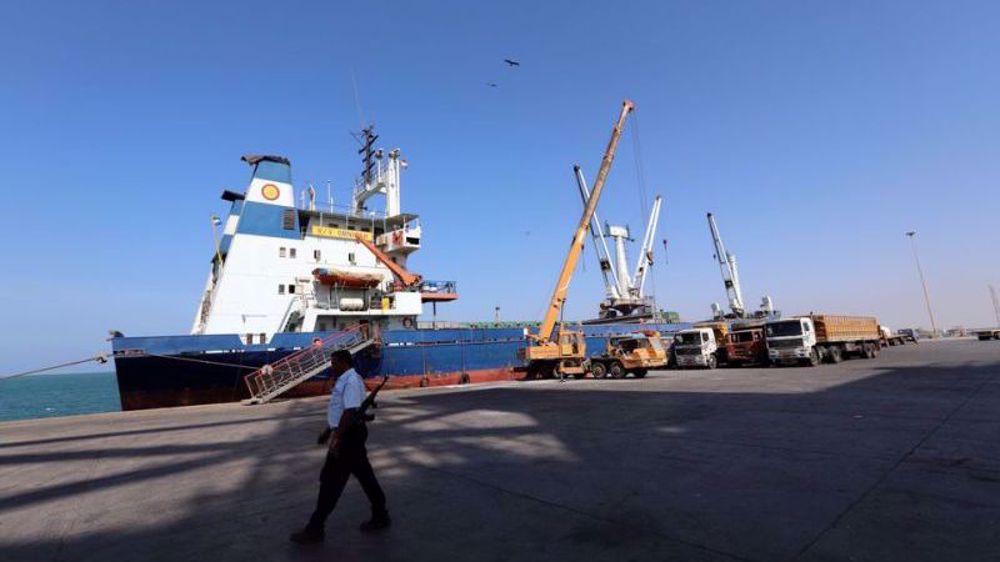
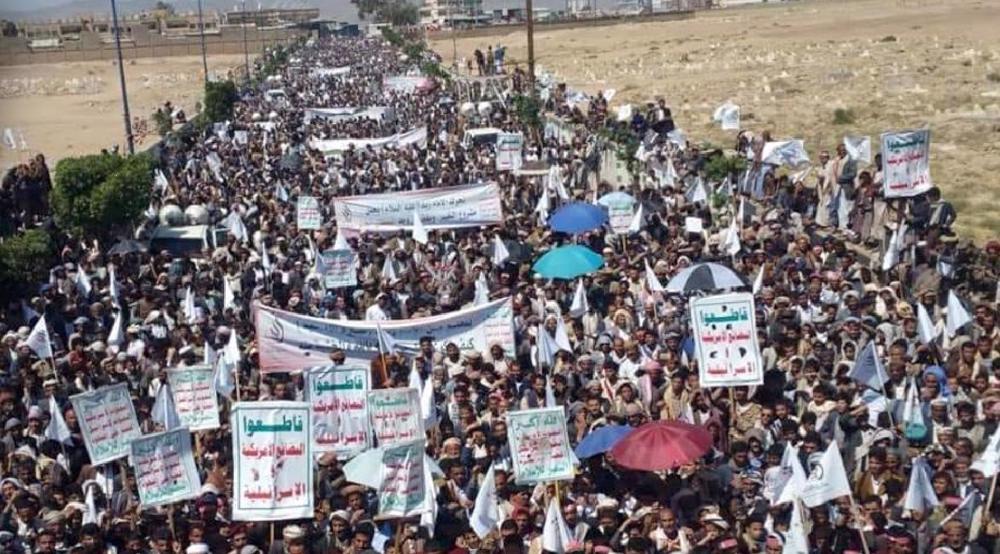
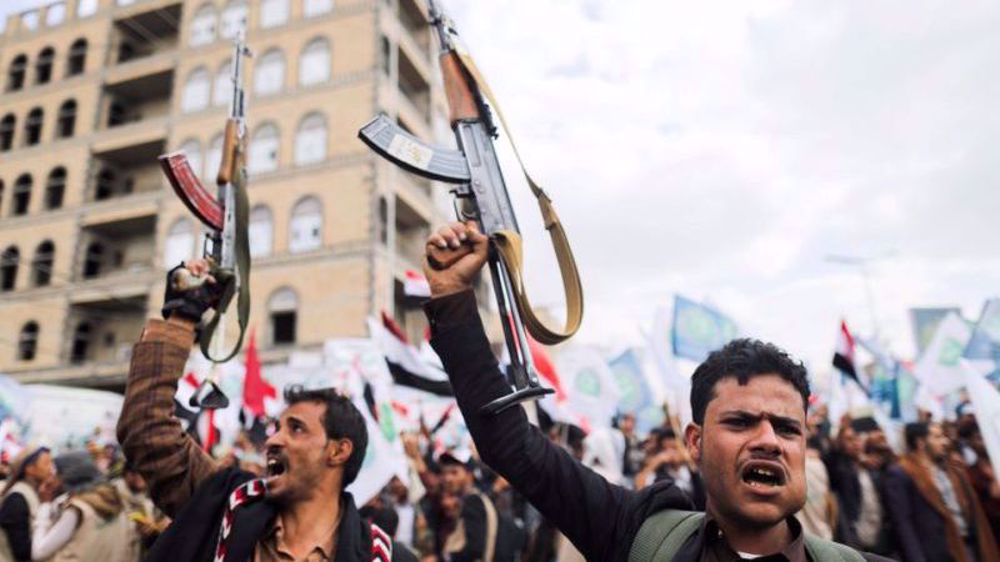
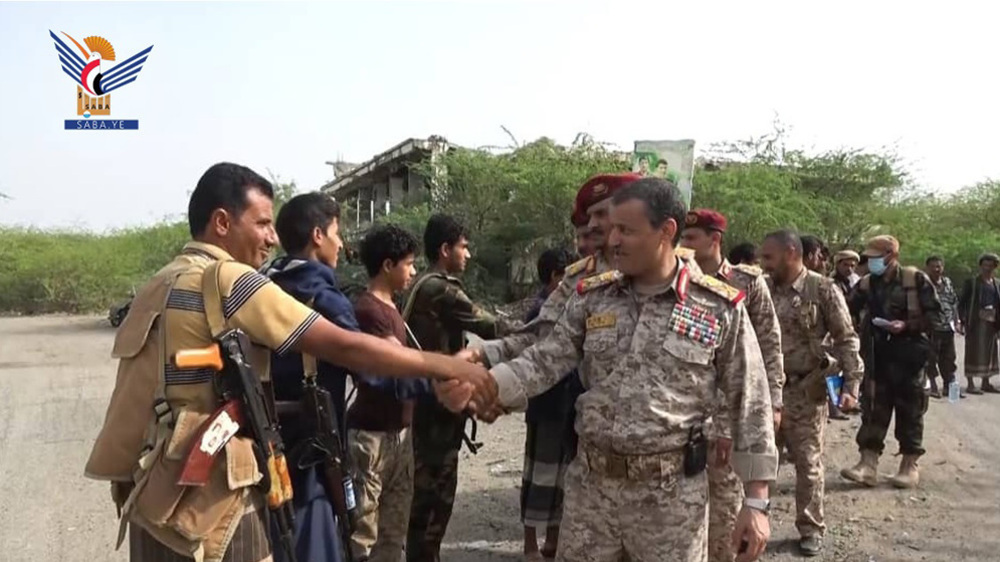
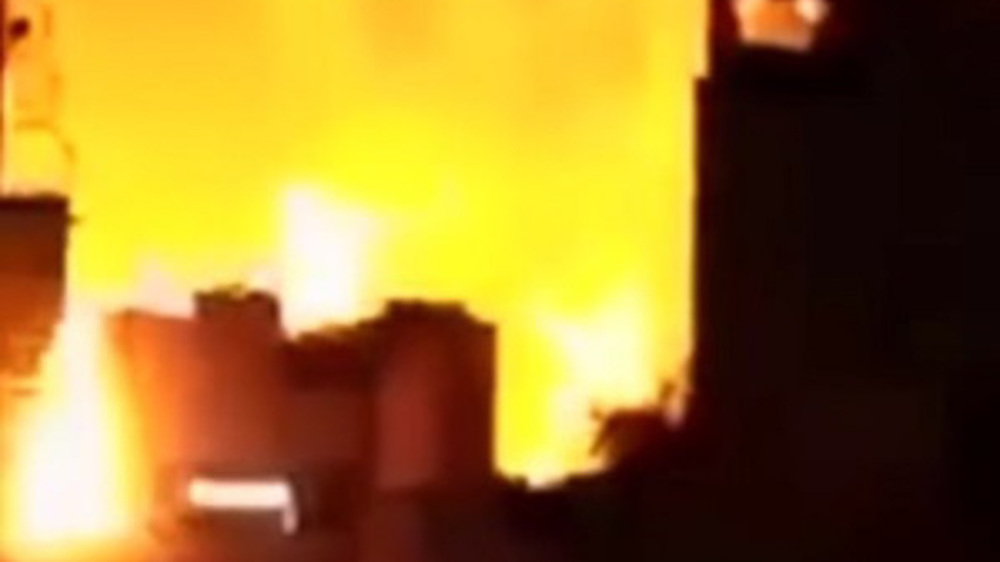
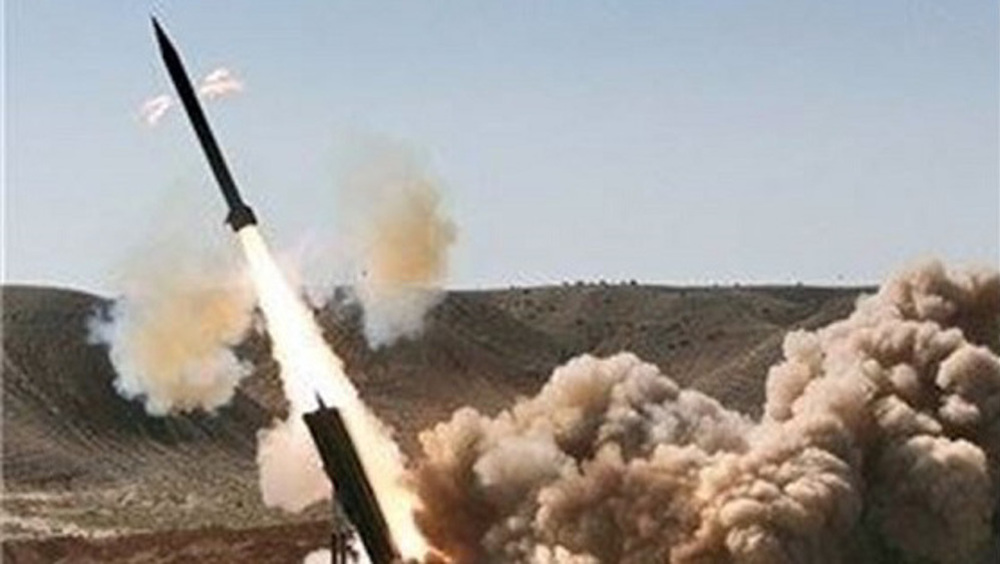
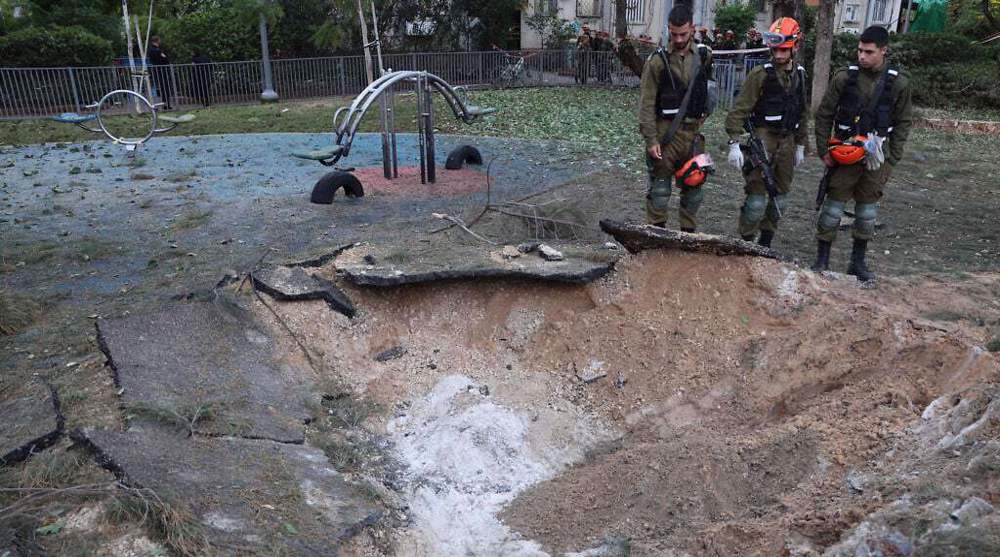



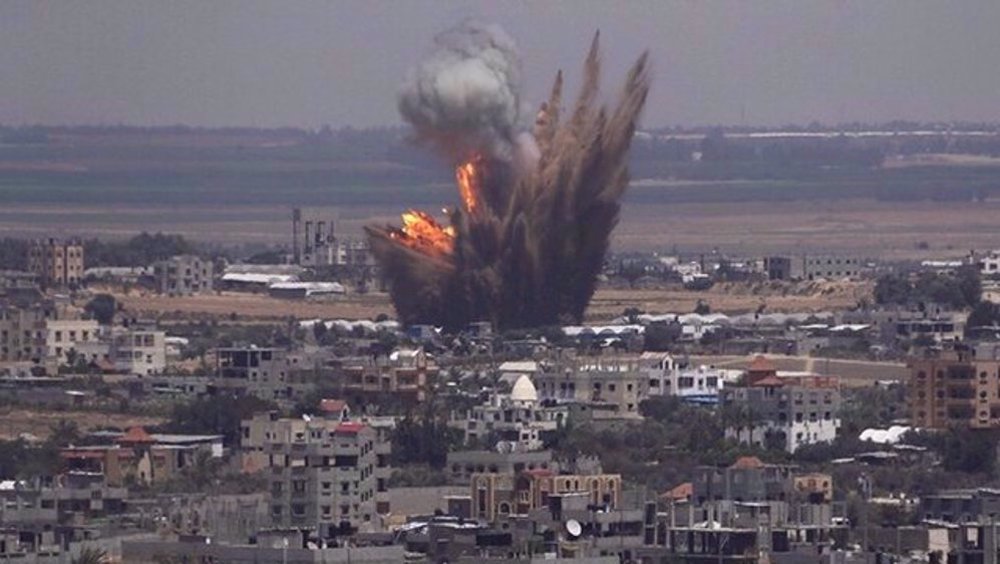
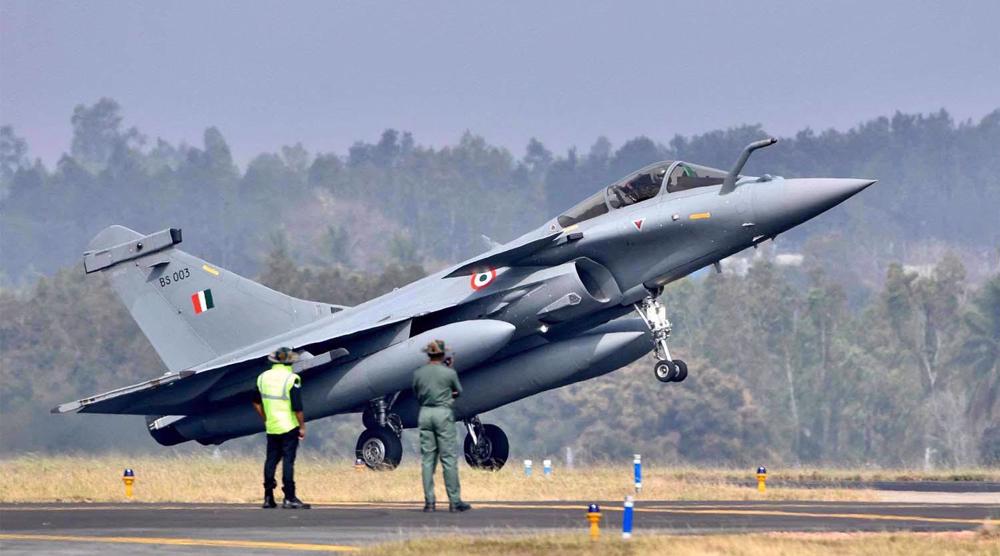
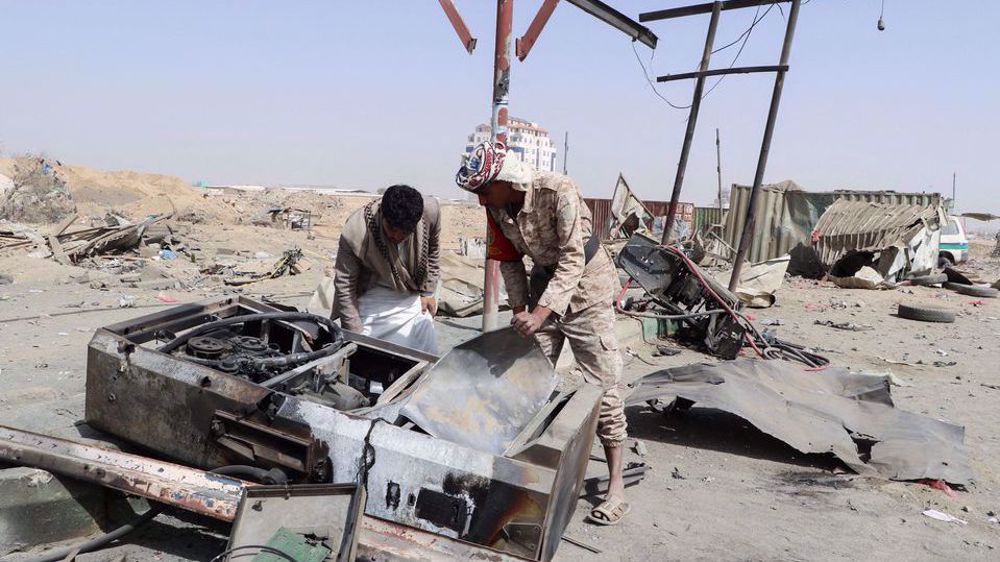
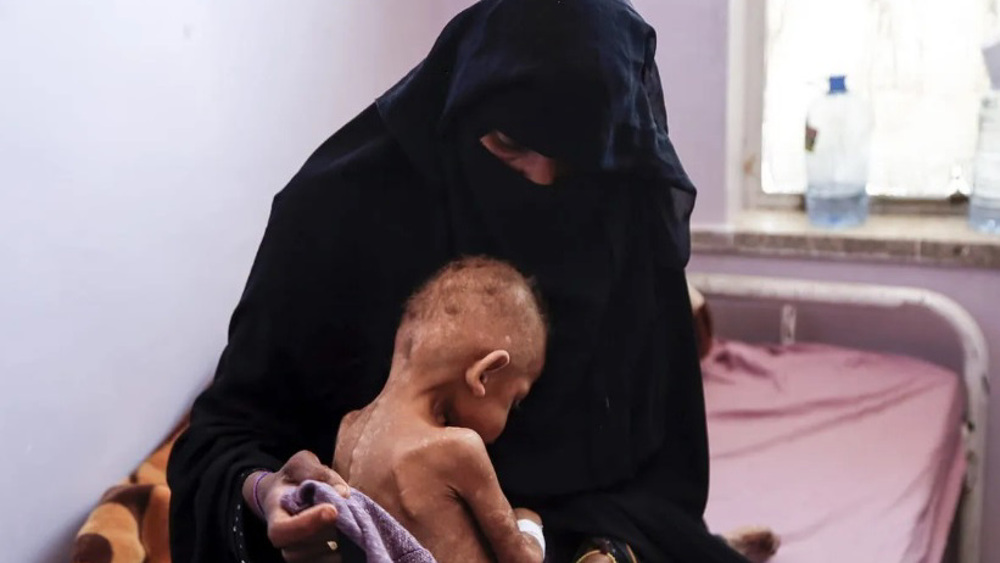
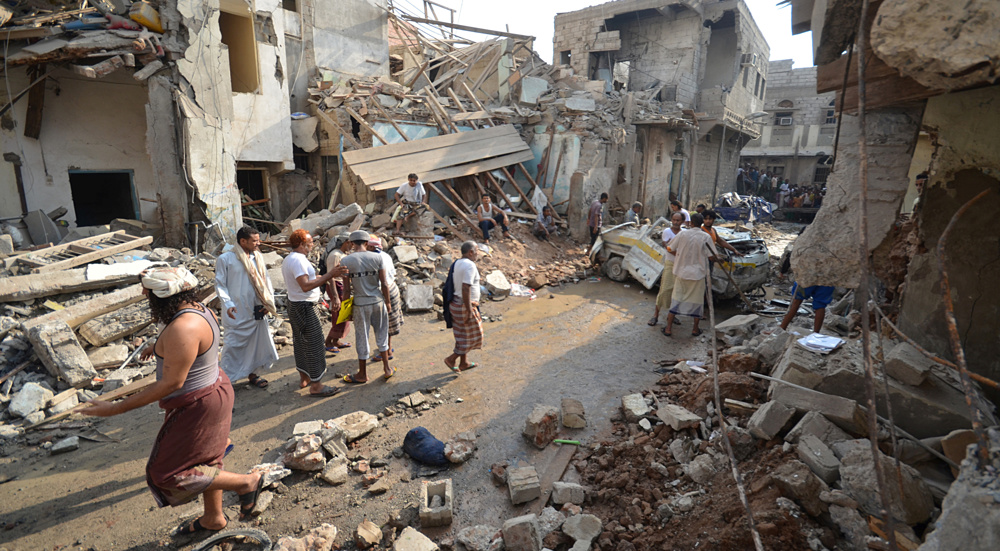
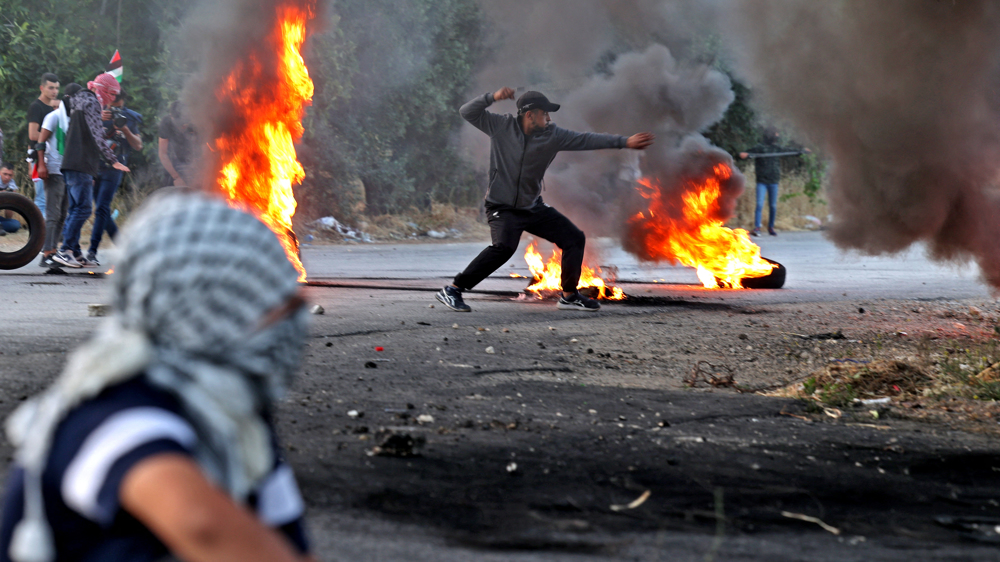
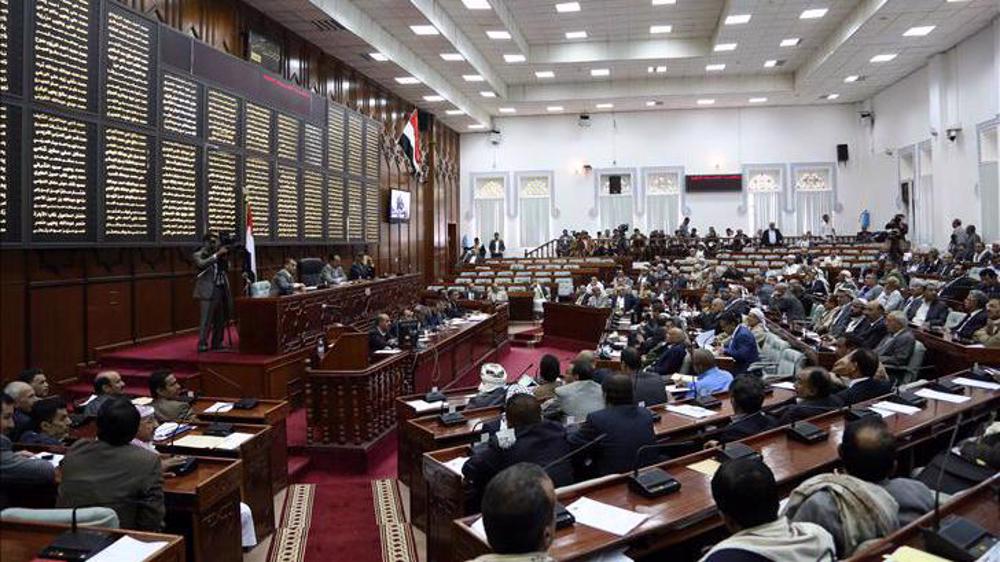
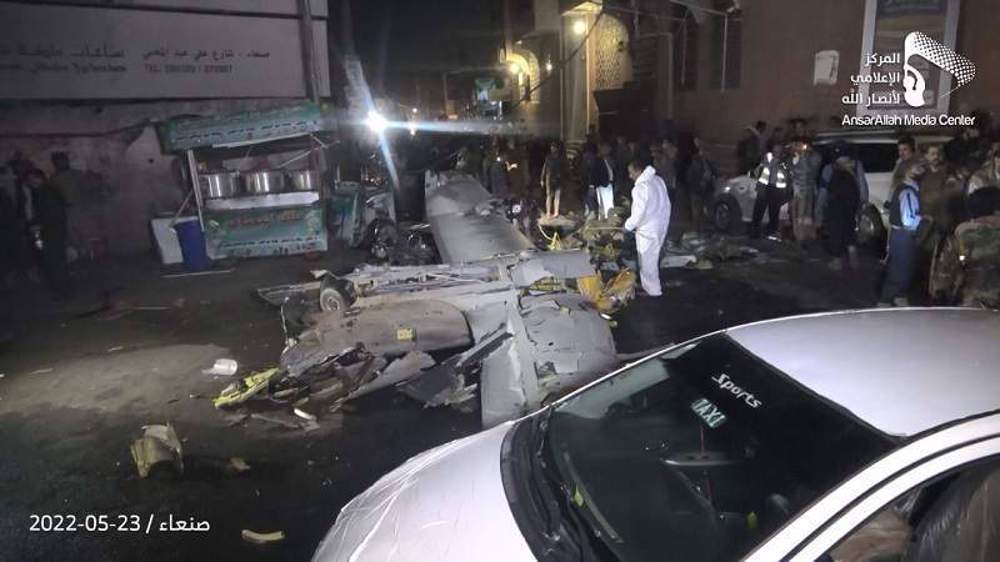

 This makes it easy to access the Press TV website
This makes it easy to access the Press TV website